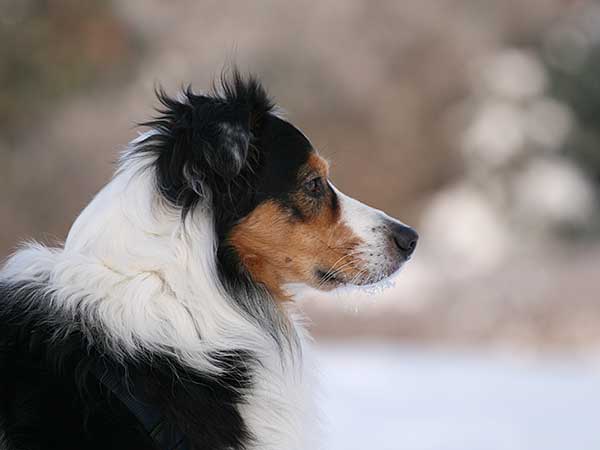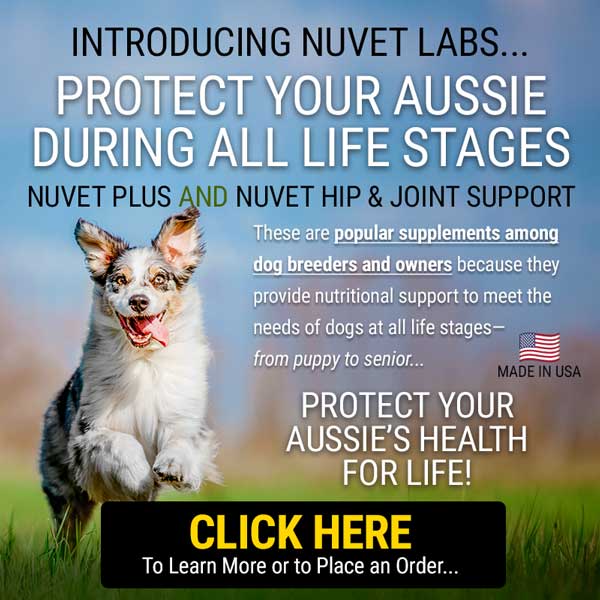
What You Need To Know About Dog Flu
Dog flu is a very real issue and, if left undiagnosed and untreated, can lead to serious complications. Like human versions of influenza, the biggest risk of Canine Influenza Virus (CIV) is the development of secondary complications such as pneumonia. In milder cases, CIV is quite treatable and does not pose any serious threat. As with any illness, the key to staying on top of CIV is getting your dog examined and diagnosed by a vet as quickly as possible.
While CIV bears some similarity to human influenza, it is not the same illness and cannot be transmitted to humans. It is, however, highly contagious among dogs. It is transmitted through exposure to aerosols, droplets, or respiratory secretions and unfortunately is most contagious before a dog begins to show any outward signs of the illness. This can make it difficult to stay on top of it in places where many dogs are in close contact with each other.
Any breed can develop dog flu, but those like the Australian Shepherd that are around other dogs either in work conditions or at agility trials, will be even more susceptible. If you have contact with many dogs, you can help to prevent the spread of CIV by washing your hands after handling each individual dog, wearing gloves, being vigilant for any signs of the illness and isolating any dog that becomes sick.

Stefanie Pätzold / stock.adobe.com
Because dogs that develop CIV are contagious for a week or more, they should be kept isolated from other dogs for 10-14 days from the onset of symptoms. Unfortunately, it can be difficult to determine when the disease is present as the symptoms can mimic those of several other conditions, including kennel cough. If your dog displays any symptoms, you should take him to the vet as soon as possible for a proper diagnosis rather than trying to diagnose the illness yourself.
The symptoms of canine influenza are actually quite similar to those of the human virus. They include a fever and cough that will last for one to three weeks; sneezing; a clear nasal discharge that progresses to thick, yellowish-green; rapid or difficult breathing; loss of appetite and lethargy. Again, none of these symptoms is life threatening in and of itself, but in some cases respiratory symptoms can eventually develop into pneumonia.
Treating The Dog Flu
If your vet does diagnose CIV, treatment usually involves offering supportive measures while the dog's body fights the flu. Among these measures are providing proper nutrition and using supplements to boost immune system function; offering a warm, quiet and comfortable spot to rest and using medications to treat secondary bacterial infection. If a secondary infection occurs, this may require more strenuous treatment including hospitalization, intravenous fluids, and treatment for pneumonia.
There are vaccinations available to help prevent your pet from developing dog flu, but because there is more than one strain of the virus, complete prevention would require more than one course of vaccinations, administered two to four weeks apart as well as annual boosters.
CIV, or dog flu, is a cause for concern, especially if your dog regularly comes into contact with many other dogs, but with the proper vigilance it can be easily controlled and even avoided. Staying informed is your best defense.
For more information about Aussie health issues see the Australian Shepherd Health & Genetics Institute (ASHGI).
Have Dog Training Questions?
Check out these introductory dog training videos...
I want my dog to stop being aggressive.
I want some help training my new puppy.
I want my dog to stop barking at everything.
Get Australian Shepherd Info, Website Updates, Special Offers, and Cartoons...
FREE GIFT
You'll also receive a free copy of the ebook
My Everyday Dog Training Tools
by professional dog trainer Daniel Abdelnoor, "Doggy Dan"










 Loading Image...
Loading Image...